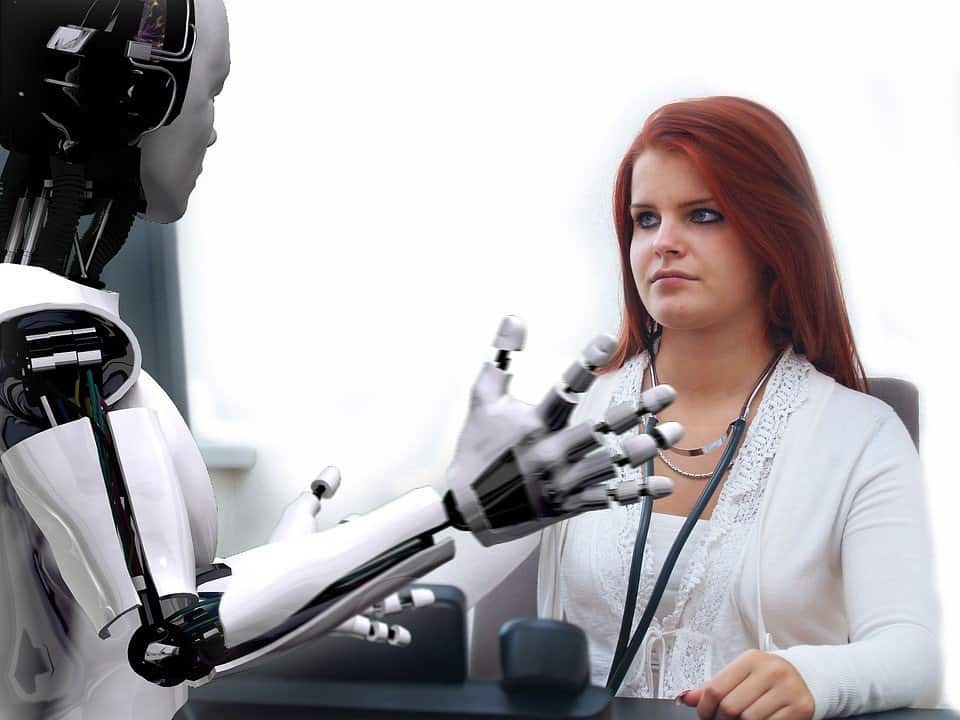Machine learning is shaping up to be one of the most important technological tools for modern business owners. With a wide variety of potential applications, and a nearly limitless future, if you’re thinking of becoming an entrepreneur or competing as a professional, you’ll need to learn about machine learning in business if you want to survive.
What Is Machine Learning?
Let’s start with a basic definition of what machine learning is—and define what it isn’t, as well. Machine learning is the name applied to any number of different algorithms or statistical models used by computer systems to execute some task or action without explicit instructions. Oftentimes, machine learning algorithms are designed to recognize patterns and iteratively improve their operations based on feedback and inputs—aprocess that resembles human learning.
For example, a machine learning system may use feedback to determine whether the subject of a photograph is a cat. The computer may initially guess whether a photograph is a cat or not a cat, and then get automatic feedback about whether or not its guess was correct. Over time, it would detect which features of a photograph indicate that a cat is present, by comparing similarities of images successfully guessed correctly. With enough time and practice, the algorithm may eventually master the art of detecting cats in photographs.
Typical Applications
Obviously, machine learning in business is about more than novel functions than guessing the subject of an image. But how exactly can machine learning be applied?
These are some of the most common applications:
Image recognition. Okay, there is definitely some value to be had in machine learning-based image recognition, but not just for spotting cats in photographs. Some companies have used image recognition technology for facial recognition purposes, usually for security purposes. Others have used it for better testing or higher manufacturing standards, like in the automobile industry. Other applications include better recognition as a diagnostic tool; pattern recognition algorithms are getting better at detecting cancer than human beings.
Customer lifetime value calculations. Some companies are using machine learning as a way to learn more about their customers. They can segment customers into different niches and study their buying patterns to learn how valuable they’ll be over the course of their relationship.
Predictive maintenance. In a factory setting, machine learning can be used to identify opportunities for preventative maintenance—again, better than human counterparts. Algorithms can detect when various components of important machines require attention, preventing the machines from being completely shut down and improving productivity consistency.
Automated data entry. Data entry is vital to many businesses, and too many businesses still rely on human beings to enter those data. The problem is, humans make mistakes—usually a lot of them. Machine learning algorithms are smart enough to distinguish between different types of data, and enter them into correct fields. They’re not only faster and cheaper than most human data entry specialists—they’re also less likely to make an error.
Spam and bot detection. Many companies, including Google, have used machine learning to refine their ability to detect email spam, bot-like activity, and even fraudulent activity on their websites. These high-tech algorithms can spot patterns of behavior that seem innocuous to a human, but that signal the presence of an unwanted visitor.
Customer product recommendations. Other companies, including Amazon, have used machine learning to create product recommendation engines, which point consumers in the direction of products they may be interested in—based on past purchases, recent browsing history, and other factors. In effect, machine learning algorithms learn which types of people buy which products, and try to make intelligent matches for everyone’s sake.
Financial analysis. Some machine learning algorithms are capable of complex financial analysis as well. By looking at large swaths of financial data, machine learning can manage portfolios, underwrite loans, and detect fraud. In some cases, it can even be used to make intelligent investing decisions, a process known as algorithmic trading.
Cybersecurity. Machine learning is also being applied as a way to bolster cybersecurity. Algorithms can detect potential attacks and react against them. They can also be used to develop stronger, more foolproof systems to keep your technological infrastructure safe.
Increasing Sophistication
One of the most interesting points of machine learning is that it’s constantly developing. It’s getting more and more advanced, capable of analyzing bigger chunks of data and forming conclusions faster, but it’s also expanding horizontally, being applied to a wider range of different industries and niche functions. For a company executive to make effective use of machine learning, they need to not only understand the current applications and advantages of machine learning, but also understand and push for new applications of machine learning in the future.
